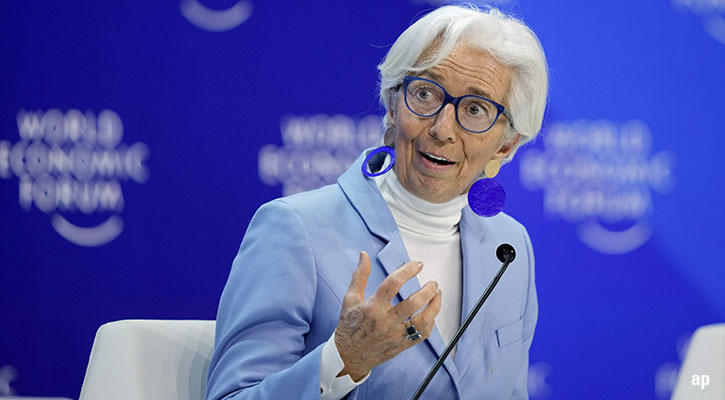Christine Benz: Hi, I'm Christine Benz from Morningstar.com. How should investors expect actively managed funds to behave during market downturns? Joining me to discuss that topic is Russ Kinnel. He's director of manager research for Morningstar.
Russ, thank you so much for being here.
Russ Kinnel: Glad to be here.
Benz: Russ, we had a little bit of a shakeout in the fourth quarter of 2018. We wanted to regroup and talk about how investors should approach market downturns--if they have actively managed equity funds in their portfolios. One question I'd like you to cover is if I have an active equity fund, should I expect it to get defensive somehow in preparation for a tough time? Should I expect it to move a portion of the portfolio into cash? Do funds even do that anymore?
Kinnel: Very few funds try to make those market calls, and the reason is it's really hard to do. Generally most fund managers have found that it's better to keep doing what they are doing not try and make a market call and merely make the money back up in a rebound. So barring a few funds, you really don't want to go in expecting them to make this brilliant market call. Most active equity fund managers are stock-pickers. They are not market callers. You could go to a tactical allocation fund if that's what you want but even there it's just really hard to do.
Benz: The tactical asset allocation category is where we house that group of funds that are more active in terms of their asset allocations. But if I own, say, domestic equity large-cap blend fund, I should expect it to be more or less fully invested most of the time.
Kinnel: That's right. If the market goes down 30%, a typical active fund is going to go down about 30%.
Benz: That's a related question. If people have actively managed funds, is it realistic to expect them, even if they are fully invested, to hold up better on the downside than passively managed products?
Kinnel: We see index funds typically have about average performance compared with their peers or maybe slightly better. Which means active, also therefore is about average. What we can expect really depends on fund's strategy.
For instance, if a fund has some defensive characteristics then it will probably do better depending on where the bear market hits. For instance a fund that emphasizes high quality companies--these are companies that are generally much less hurt in recession and therefore generally do better in bear market. Or a fund might have other defensive characteristics, for instance a fund that maybe has some gold holdings, maybe they hold more in cash, do other things that give it defensive characteristics. So those kinds of funds are going to do better in some downturns, not all of them. But then your more standard fund, that's simply seeking to maximize returns over a full market cycle, there is no real reason to expect them to lose less in a down market.
Benz: If I am looking to put together a portfolio that will at least have a reasonable shot of not getting decimated in market correction or even a major downturn, how should I build a portfolio that will hold up reasonably well?
Kinnel: I think it's in that portfolio-building process where you are really going to build that defense. What you can do is have a variety of strategies, asset classes, and industry exposure because often bear markets and recessions hit one or two industries. In the '08 market it was financials. In the 2002 market it was tech. Having an active manager who stays disciplined and keeps doing what they are doing, that can really help you to stay diversified, just as it will with a passive fund as well.
That's really the way to address that, and diversification often helps to reduce the blow--it doesn't spare you any losses. But in, for instance, that 2002 bear market it really hit growth much harder than value, and so that diversification really paid off. In the '08 bear market just about all equities got hit, but fixed income at least did a lot better. Diversification helps, and that's really what to focus on.
Disciplined managers help because you don't want all your managers rushing to the hot dot, because then if that area gets hit, then you are really in trouble.
Benz: I am seeking diversification at the asset allocation level--make sure that I'm in a sane asset allocation framework given my age, my proximity to retirement--and then also, within asset classes, within equities I want to be well-diversified, within bonds I want to be well-diversified?
Kinnel: That's right. If you've done that, then you are in a much better position to ride out the down market and make money in the rally. It's the people who really haven’t taken care of that plan who have the hardest time.
Benz: Russ, great insights as always. Thank you so much for being here.
Kinnel: You are welcome.
Benz: Thank for watching. I'm Christine Benz from Morningstar.com.









.jpg)












